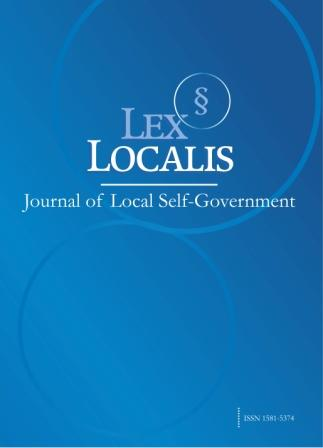STUDY OF FOOD SECURITY INDICATORS AND THEIR IMPACT ON POLITICAL STABILITY IN ALGERIA DURING THE PERIOD (1996-2023)
DOI:
https://doi.org/10.52152/78yv9p95Ključne besede:
Food Security, Political Stability, Algeria, Autoregressive Distributed Lag (ARDL) ModelPovzetek
This study aimed to review Algeria’s efforts to ensure food security for its population. It examined methods of food access, distribution, and utilization, as well as their impacts. The study also explored how these efforts influenced the cohesion of political structures and supported peaceful political transitions in Algeria, while avoiding social unrest, public demonstrations, and violence between 1996 and 2023. A descriptive statistical approach was adopted, utilizing both standard and inductive methods of quantitative research. The study reached a key conclusion: in the short term, the state's efforts to improve food security helped avert certain undesirable political maneuvers. However, in the long term, the findings revealed a clear correlation between changes in food security management indicators and fluctuations in political stability. This vulnerability is attributed to a series of ambiguous food policies and the persistent failure to implement genuine and effective structural reforms throughout the period from 1996 to 2023.
Prenosi
Objavljeno
Številka
Rubrika
Licenca
Avtorske pravice (c) 2025 Lex localis - Journal of Local Self-Government

To delo je licencirano pod Creative Commons Priznanje avtorstva-Nekomercialno-Brez predelav 4.0 mednarodno licenco.








